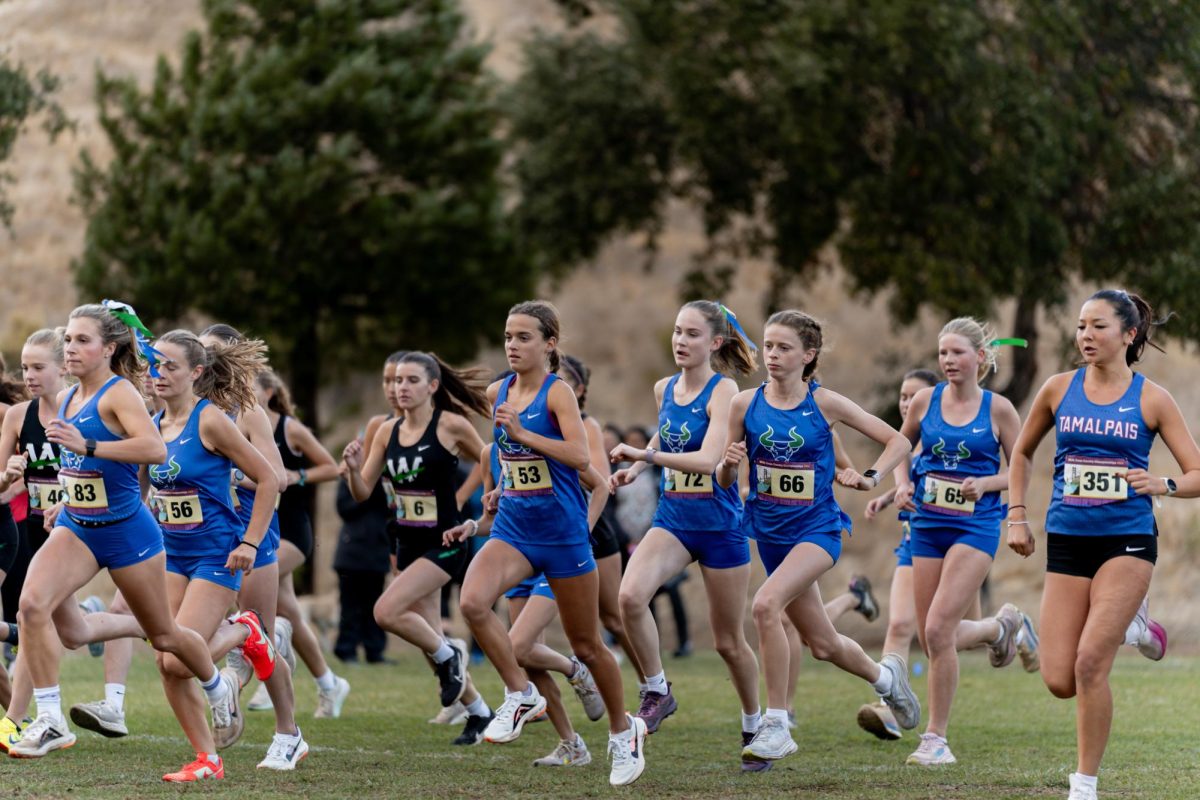
What is going on with TikTok? The app that, according to the Pew Research Center, 63 percent of high school students use is currently under fire with its future unclear. The banning of TikTok has become an international news story over the past few weeks, and despite the uncertainty surrounding it, Branson students have some strong opinions.
Many politicians are concerned by the Chinese ownership of the app, which extracts data from American users and which might give the Chinese government a platform to spread propaganda and manipulate Americans. In response, Congress passed the Protecting Americans from Foreign Adversary Controlled Applications Act, which explicitly bans TikTok and all other services owned by its parent company, ByteDance, as long as they remain Chinese-owned.
On Sunday, Jan. 18, at around 9 p.m., TikTok stopped working for users in the United States. This came as a surprise, as the controversial law instituting the ban did not go into place until the following day.
“Honestly, I thought, OK, it probably won’t last that long, because they were talking about bringing it back anyway. I had a feeling it was going to come back really soon,” said Chloe Ryan ‘25.
Despite this scare, as Ryan predicted, the ban did not last long. TikTok was back online just hours later, with the app stating it was working with President Trump to find a solution to keep it active. However, it is unclear how this will play out, especially since the Supreme Court recently upheld the law banning it. For now, those who did not delete the app during its short-lived ban can continue using it as usual.
You might think most of the 63 percent of high schoolers were relieved, if not overjoyed, when TikTok returned, but that is not the case. Although most students are not outwardly advocating for the ban, many have expressed feelings of ambivalence or even acceptance as they find positives even in their darkest moment.
For example, Ryan said she was “kind of neutral” on the ban. “Honestly, I wouldn’t mind if [TikTok] was banned because I do waste so much time on it.”
Many Branson students share this sentiment. Everyone interviewed was more concerned over how their dependence on TikTok impacts their everyday lives than the national security concerns the government cited when passing the law banning it.
Sadie Briggs ‘26 said the brief ban “really showed me how reliant I am on the app and definitely opened my eyes to my addiction to technology.” She added, “It was definitely a rough 14 hours.”
“I found myself trying to click on the TikTok app multiple times, and the barrier kept coming up,” said Phoebe Yates ‘25. “It made me feel sad, but it also made me focus on better, more productive things.”
Despite this, Yates said she is not in favor of the ban.
“I feel I do learn how to do a lot of things on TikTok, like art and cooking, and I follow sports,” she said. “There are definitely some beneficial aspects.”
Looking ahead, TikTok’s future is murky at best. Trump issued an executive order delaying the ban by 75 days on Inauguration Day. It is possible that a sale to an American company could preserve the app, but ByteDance has said they do not plan to do that.
“I don’t think they’ll ban TikTok for good,” Briggs said, “even though I think that might be a good thing since it’s really addicting and you don’t even realize it until it’s gone.”




Mait Wais • Feb 27, 2025 at 11:57 am
Wow! Fascinating. Loved to read.